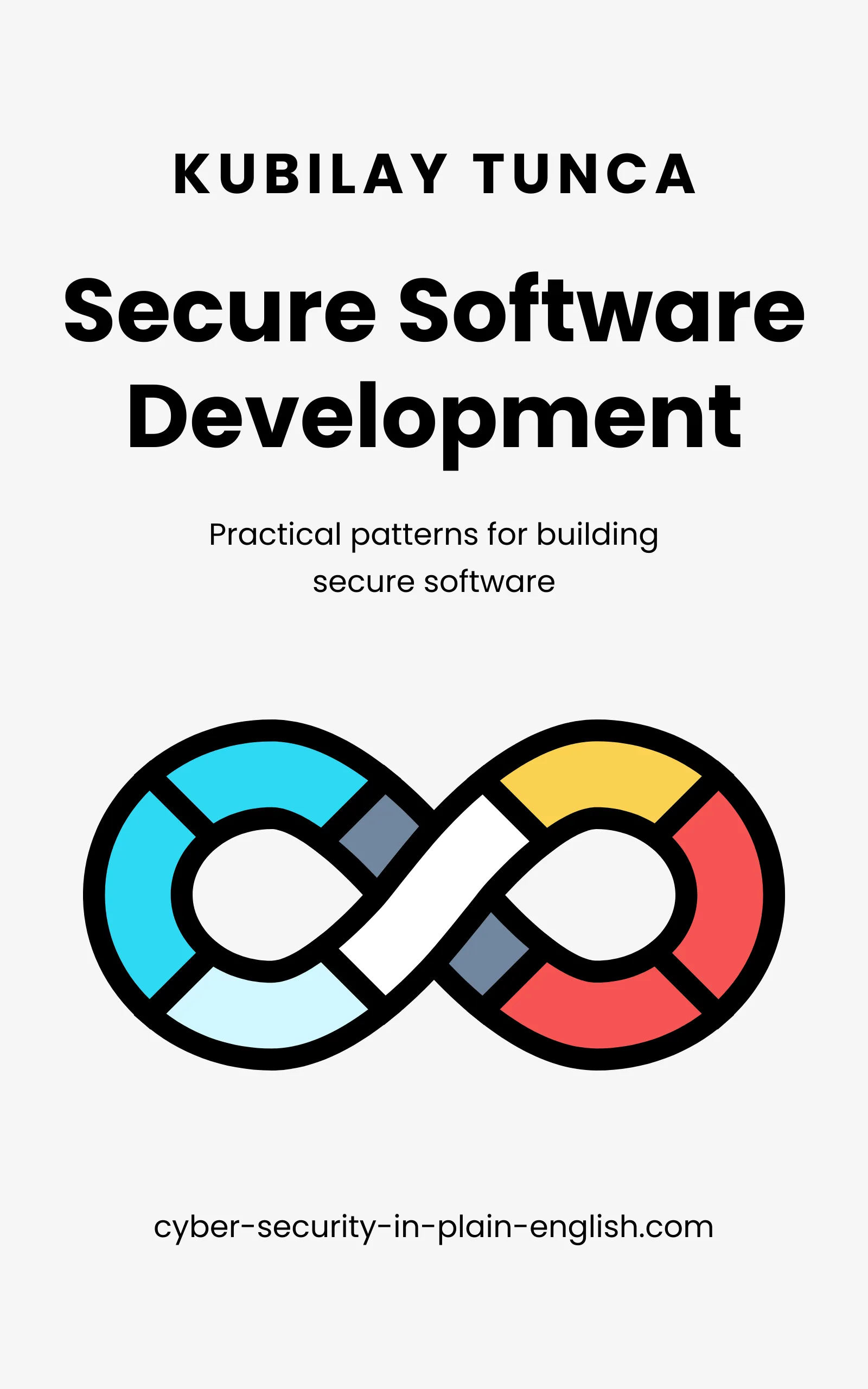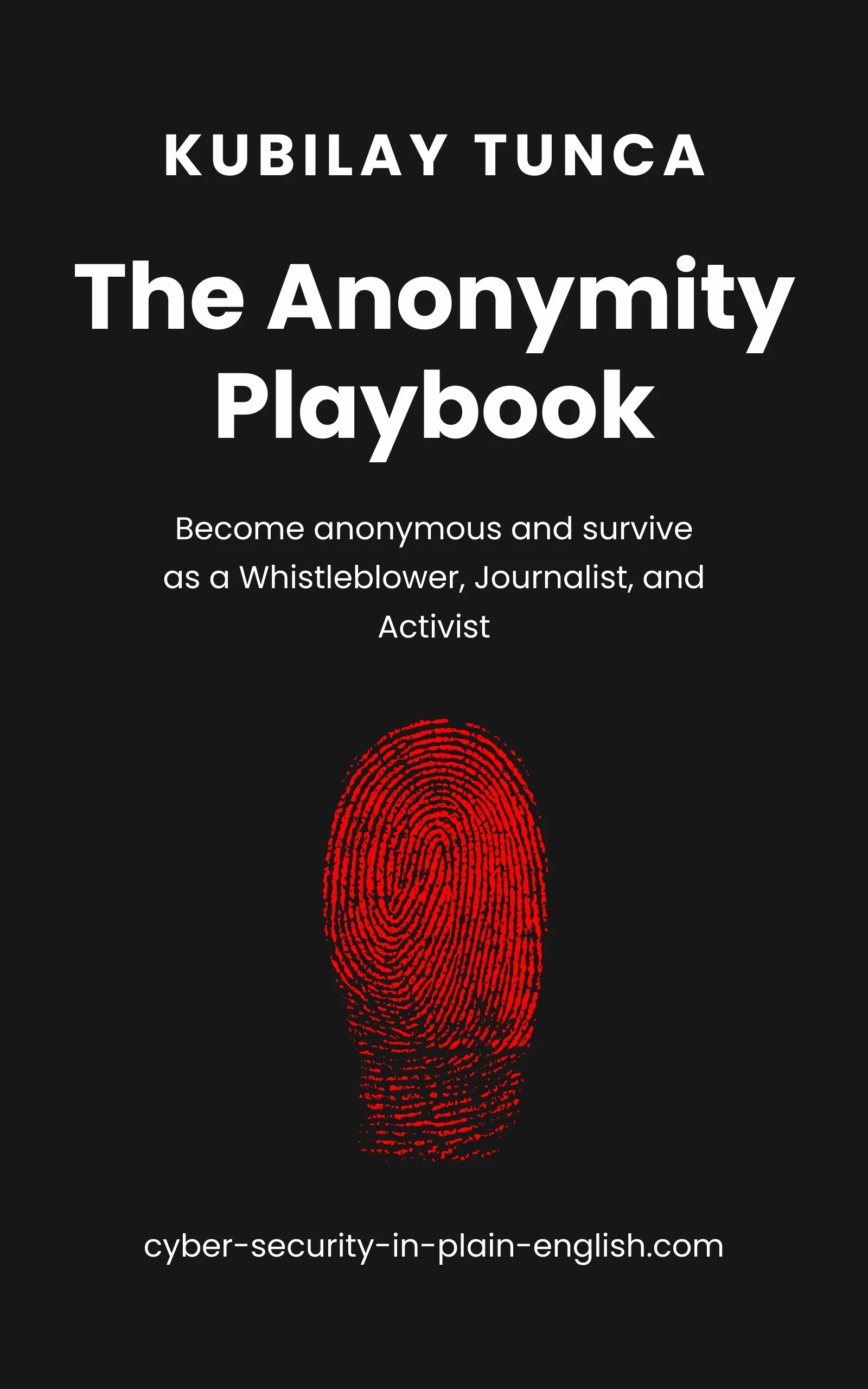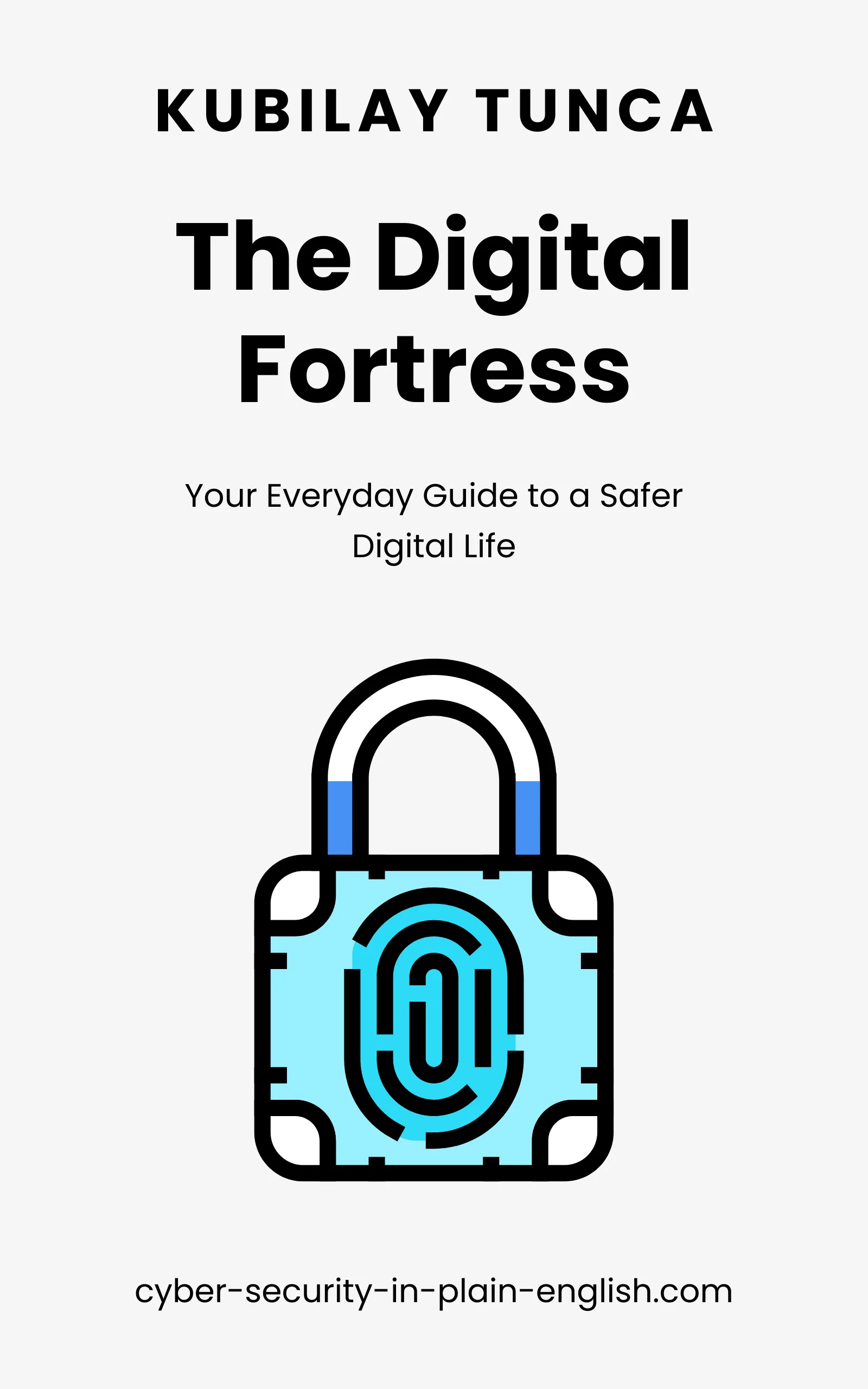Published
- 6 min read
The Hidden Dangers of Using Free VPNs: What You Should Know

How to Write, Ship, and Maintain Code Without Shipping Vulnerabilities
A hands-on security guide for developers and IT professionals who ship real software. Build, deploy, and maintain secure systems without slowing down or drowning in theory.
Buy the book now
Practical Digital Survival for Whistleblowers, Journalists, and Activists
A practical guide to digital anonymity for people who can’t afford to be identified. Designed for whistleblowers, journalists, and activists operating under real-world risk.
Buy the book now
The Digital Fortress: How to Stay Safe Online
A simple, no-jargon guide to protecting your digital life from everyday threats. Learn how to secure your accounts, devices, and privacy with practical steps anyone can follow.
Buy the book nowThe Hidden Dangers of Using Free VPNs: What You Should Know
Introduction
Free VPNs seem like a convenient way to protect your online privacy without spending money, but they often come with hidden risks that can compromise your data and security. While some reputable free VPNs offer basic privacy features, many rely on questionable practices, including data logging, weak encryption, and invasive ads, to cover costs. This article explains the risks of using free VPNs and offers tips for finding safer alternatives to protect your privacy.
Why Free VPNs Are Risky
Running a VPN service requires significant resources, including servers, bandwidth, and maintenance. Paid VPNs cover these costs through subscriptions, allowing them to focus on privacy and security. Free VPNs, however, often rely on alternative revenue sources, many of which can jeopardize user privacy. Here are some of the key risks:
1. Data Logging and Selling User Data
Since free VPNs need revenue, many track and log user data, which is then sold to third parties like advertisers. This practice directly compromises your privacy, as your browsing history, location, and even personal details may be shared or sold.
Why It’s Dangerous: The primary purpose of a VPN is to protect your privacy, but if your data is being logged and sold, it defeats the purpose entirely. This data can also be vulnerable to breaches, further exposing your information.
2. Weak or Nonexistent Encryption
Encryption is crucial for VPNs, as it scrambles your data so no one can read it. However, many free VPNs use weak or outdated encryption, and some don’t offer encryption at all. This means that your data may be visible to hackers, ISPs, or anyone attempting to intercept your connection.
Why It’s Dangerous: Without proper encryption, free VPNs provide little to no security, leaving your data vulnerable. Weak encryption is especially concerning on public Wi-Fi, where data theft is common.
3. Invasive Ads and Malware
Free VPNs often rely on ad revenue, and they may inject ads into your browsing experience or even allow third-party trackers. Some free VPNs have also been found to contain malware, which can harm your device and compromise your data.
Why It’s Dangerous: Invasive ads not only detract from your browsing experience but also expose you to tracking and potential malware infections, which can harm your device and steal sensitive information.
4. Limited Server Options and Slow Speeds
Free VPNs usually have limited server options and restricted bandwidth, which can lead to overcrowded servers and slow connections. This impacts streaming, gaming, and other data-intensive activities, making the browsing experience frustrating.
Why It’s Dangerous: Overcrowded servers may cause frequent connection drops, making free VPNs unreliable for consistent protection, especially for streaming or downloading large files.
5. Lack of Customer Support
Paid VPNs generally offer customer support to help users troubleshoot issues and improve their experience. Free VPNs, however, typically don’t provide support, leaving users without assistance if problems arise.
Why It’s Dangerous: Without support, users may struggle with connection issues, privacy concerns, or understanding the VPN’s limitations, potentially compromising their security.
Examples of Free VPN Risks in Action
Several free VPNs have been found to compromise user privacy in serious ways:
- Hola VPN: A free peer-to-peer VPN service, Hola was discovered to be using users’ devices as exit nodes for other users, which meant they could be liable for illegal activity conducted through their IP.
- Facebook’s Onavo VPN: Marketed as a free VPN, Onavo was found to be collecting data for Facebook’s analytics, tracking user behavior even when the app wasn’t in use.
- SuperVPN and GeckoVPN: Both of these free VPNs were found to leak sensitive user data, exposing users to potential breaches and data theft.
These cases highlight the risks of using free VPNs that don’t prioritize privacy or security, leading to compromised data and potential legal consequences.
Safer Alternatives to Free VPNs
If budget constraints make paid VPNs less accessible, consider these safer alternatives:
1. Reputable Free Versions of Paid VPNs
Some paid VPN providers offer free versions of their services with limited features, but without the privacy risks associated with other free VPNs. Examples include:
- ProtonVPN Free: Offers strong privacy features with no data caps and no-logging policies. The free version limits users to three servers but doesn’t compromise on security.
- Windscribe Free: Provides up to 10 GB of data per month with robust security features. Windscribe has a solid reputation and offers a variety of server locations.
- Atlas VPN Free: Offers a secure free plan with limited server locations and decent speeds, without ads or invasive data collection.
Why These Are Better: Reputable providers offering free versions prioritize privacy and limit server access rather than monetizing user data, ensuring a safer experience.
2. Free Trials of Paid VPNs
Many premium VPN providers offer free trials, allowing you to test their services before committing to a subscription. During the trial, you get full access to features like high-speed servers, advanced encryption, and support. Notable VPNs offering free trials include:
- NordVPN: Offers a 7-day free trial for mobile users.
- CyberGhost: Provides a 24-hour free trial across all devices with full access to their features.
Why It’s Safer: Free trials allow you to experience the benefits of a premium VPN without risking your data, providing a safer alternative to fully free VPNs.
3. Low-Cost Paid VPN Plans
Some paid VPNs offer affordable plans with monthly or annual subscriptions. While not entirely free, these low-cost options provide strong security and privacy features. Examples include:
- Surfshark: Known for its budget-friendly plans, Surfshark offers unlimited connections and advanced privacy protections.
- Private Internet Access (PIA): Provides robust features at an affordable price, with options for monthly or yearly subscriptions.
Why It’s Safer: Low-cost paid plans offer the full benefits of a VPN, including security, privacy, and support, without the risks associated with free services.
Tips for Choosing a Secure VPN
When selecting a VPN, whether free or paid, consider the following:
- No-Logs Policy: Check the VPN’s privacy policy to ensure they don’t track or store your data.
- Strong Encryption: Look for VPNs that use AES-256 encryption or similar, ensuring strong data protection.
- Transparent Privacy Practices: Choose VPNs with transparent policies and avoid those with a history of data breaches or privacy concerns.
- Ad-Free Experience: Avoid VPNs that rely on ads, as these often compromise privacy.
Conclusion
While free VPNs may seem like an easy way to protect your privacy, they often come with hidden dangers, including data logging, weak security, and invasive ads. For users serious about online privacy, choosing a reputable VPN provider—even a free version from a paid provider—offers a safer and more secure browsing experience. By prioritizing transparency, strong encryption, and no-logs policies, you can find a VPN that genuinely protects your privacy without hidden costs to your security.